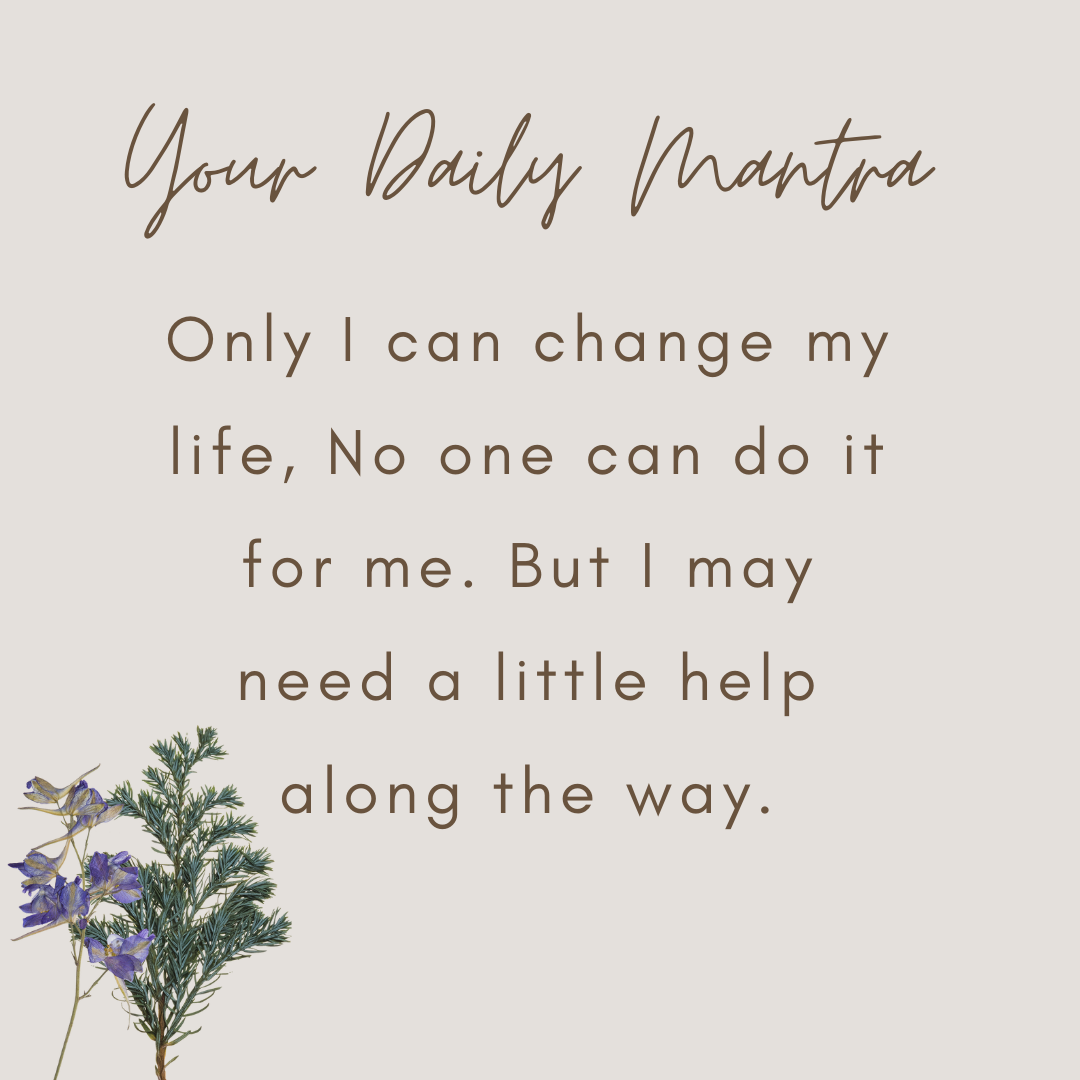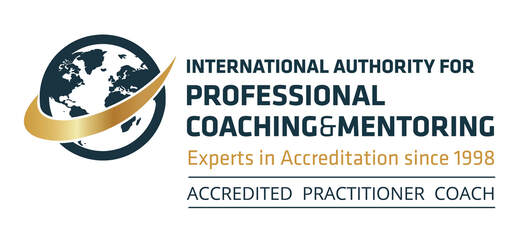So what is Coaching? |
In the beginning...Thomas Leonard, an American financial planner, is generally acknowledged as the first person to develop coaching as a profession in the 1980’s and the concept and history of life and personal coaching today really starts with him.
Leonard observed that his clients, though emotionally stable and hardly needing therapy, wanted more from him than just the usual tips on how to invest and safeguard their incomes. They wanted help in organising their lives better and planning and achieving their goals and so coaching as profession was born. What is coaching and how does it help individuals with life and professional issues? Here I am going to define coaching, explain a little more about what it is and what it’s not. How coaching works and benefits individuals, groups, and organisations. |
Coaching has traditionally been associated with sports. Since Thomas Leonard’s time and certainly the last few years, coaching has become applicable in every area, in business and in every aspect of life as well as sport. Now, it’s normal for someone to see a coach to help them achieve goals in their life and work.
"Coaching is the activity of helping clients decide what they want in their lives and how to achieve it."
"A coach is someone whose job involves helping people to improve their lives by doing challenging or worthwhile things."
The essence of coaching is to help a person change in the way they wish helping them go in the direction they want to go. Coaching is a partnership and supports a person at every level in becoming who they want to be. Coaching builds self-awareness empowers choice and leads to change unlocking a person’s potential to maximise their performance. Coaching helps clients learn about themselves, others, and situations rather than teaching them. It helps clients achieve their personal best and to produce the results they want in their life.
What Coaching is and what it's not..
It is useful to distinguish what coaching is and what coaching is not from similar activities. Here are some similarities and differences.
Coaching vs Mentoring
Mentoring is when a colleague or person, seen as more knowledgeable and worldly wise about the subject gives advice and provides a role model. Mentoring involves discussions that may not be limited to the work context. A mentor is a sponsor with great professional experience in their client’s field of work. Both mentoring and coaching are concerned mainly with achievements in the present and the future. Without expertise a coach does not mentor but helps the client find their own solutions to problems.
Coaching vs Counselling or Therapy
Counselling works with a client who feels uncomfortable or dissatisfied with their life, with problems around past experiences that cause them emotional distress and are seeking guidance and advice. A counsellor works remedially on a problem.
Therapists work with the clients who seek relief from psychological or physical symptoms and want emotional healing and relief from mental pain. Therapy deals with the client’s mental health. Coaching deals with the client’s mental growth. The client’s motive for entering therapy or counselling is usually to get away from pain or discomfort, rather than moving towards desired goals. Coaching is not remedial, it is generative.
Coaching vs Mentoring
Mentoring is when a colleague or person, seen as more knowledgeable and worldly wise about the subject gives advice and provides a role model. Mentoring involves discussions that may not be limited to the work context. A mentor is a sponsor with great professional experience in their client’s field of work. Both mentoring and coaching are concerned mainly with achievements in the present and the future. Without expertise a coach does not mentor but helps the client find their own solutions to problems.
Coaching vs Counselling or Therapy
Counselling works with a client who feels uncomfortable or dissatisfied with their life, with problems around past experiences that cause them emotional distress and are seeking guidance and advice. A counsellor works remedially on a problem.
Therapists work with the clients who seek relief from psychological or physical symptoms and want emotional healing and relief from mental pain. Therapy deals with the client’s mental health. Coaching deals with the client’s mental growth. The client’s motive for entering therapy or counselling is usually to get away from pain or discomfort, rather than moving towards desired goals. Coaching is not remedial, it is generative.
How Coaching works...
Coaching typically consists of a series of one-on-one sessions at regular intervals between the client and the coach. The client and the coach will agree on responsibilities, terms and conditions and sign a coaching agreement prior to the sessions starting.
In the first sessions, the coach will usually go over the client’s goals, where they are now and establishing what they hope to achieve through coaching. Often, coaches use tools such as the Wheel of Life, an assessment for prioritizing what areas of a client’s life need work. Also, a client may be asked to fill out other assessments to identify their strengths, weaknesses, opportunities, values and the things that give them meaning and purpose.
The primary goal of these initial sessions is to give the client clarity about what they want to achieve and help them develop a personalised plan with steps to achieve it. The coaching process closes the gap between the client’s current state and their desired state.
Typically, at the end of each session, the coach will ask the client to commit to completing certain tasks before the next session. These generally consist of specific actions identified as being the most important things the client can possibly do to move closer to their goals.
By making a commitment to the coach, the client has someone holding them accountable to make sure they are constantly following through. Commitment, accountability, and follow-through are some of the most valuable components of the coaching process and they are a big reason why people who work with a coach make so much more progress than they do when working alone.
In the first sessions, the coach will usually go over the client’s goals, where they are now and establishing what they hope to achieve through coaching. Often, coaches use tools such as the Wheel of Life, an assessment for prioritizing what areas of a client’s life need work. Also, a client may be asked to fill out other assessments to identify their strengths, weaknesses, opportunities, values and the things that give them meaning and purpose.
The primary goal of these initial sessions is to give the client clarity about what they want to achieve and help them develop a personalised plan with steps to achieve it. The coaching process closes the gap between the client’s current state and their desired state.
Typically, at the end of each session, the coach will ask the client to commit to completing certain tasks before the next session. These generally consist of specific actions identified as being the most important things the client can possibly do to move closer to their goals.
By making a commitment to the coach, the client has someone holding them accountable to make sure they are constantly following through. Commitment, accountability, and follow-through are some of the most valuable components of the coaching process and they are a big reason why people who work with a coach make so much more progress than they do when working alone.
Benefits of Coaching...
It’s worth noting some of the wide-ranging benefits of coaching. How they can positively impact an individual’s personal growth, unlock unrealised development and career prospects. Coaching has been known to help clients define and achieve goals, discover clarity and purpose, boost self-confidence and improve work performance. Other benefits include:
- A heightened self-awareness
- Becoming aware of values influencing behaviour and motivate you to get things done
- Improved physical well-being, decreased depression and anxiety
- Ability to foster better relationships, build rapport and empathy with others
- Discover your authentic self, overcome fears
- Manage time and productivity
- Eliminate bad habits that diminish your ability to perform.
- Better decision making, aligning personal strengths with decisions
- Accepting failure as feedback for future development
Coaching is for anyone...
Everyone needs a coach whether you're a football player, nurse, or plumber. We all need people who can give us feedback, that’s how we improve. We need someone who can ask, “Is that what you really meant?” “Was that what you really wanted to achieve?” “What will you do differently next time to give you a better result?” Coaches can really give you perspective. The one thing that people are never good at is seeing themselves as others see them. A coach really helps the person to do that. Getting to really know ourselves is a great first step to achieving the things we want to achieve in life. The things holding us back.
How does life coaching work?
Life coaching works because it focuses on exactly what you want to achieve and helps you get there faster.
Using the tools and techniques life coaching teaches you will help you become more outcome and focus driven in achieving your goals.
A life coach is able to keep you focused, and on track by identifying available options that you may not have considered.
Using the tools and techniques life coaching teaches you will help you become more outcome and focus driven in achieving your goals.
A life coach is able to keep you focused, and on track by identifying available options that you may not have considered.
Who can have a life coach?
The simple answer is all types of people can use a life coach at some time in their life.
However, there are some common characteristics of people who have a life coach; a deep desire for change, a need for direction and focus in achieving their dreams.
Research has shown that people who have a life coach remain more focused and gain quicker results with the support and guidance of a coach.
However, there are some common characteristics of people who have a life coach; a deep desire for change, a need for direction and focus in achieving their dreams.
Research has shown that people who have a life coach remain more focused and gain quicker results with the support and guidance of a coach.
What happens in a coaching session?
Each of the sessions is built upon the previous coaching session.
During each session, we’ll review the actions and achievements from the last session and discuss progress made towards achieving your goals.
We’ll look at your current position in relation to your goal as well as any obstacles that you need to overcome.
We will also look an what things worked for you and what didn’t, so any new actions that you take are more likely to succeed.
Finally towards the end of the session, we will summarise what actions you want to set for yourself and the goals to achieve before the next session.
During each session, we’ll review the actions and achievements from the last session and discuss progress made towards achieving your goals.
We’ll look at your current position in relation to your goal as well as any obstacles that you need to overcome.
We will also look an what things worked for you and what didn’t, so any new actions that you take are more likely to succeed.
Finally towards the end of the session, we will summarise what actions you want to set for yourself and the goals to achieve before the next session.


